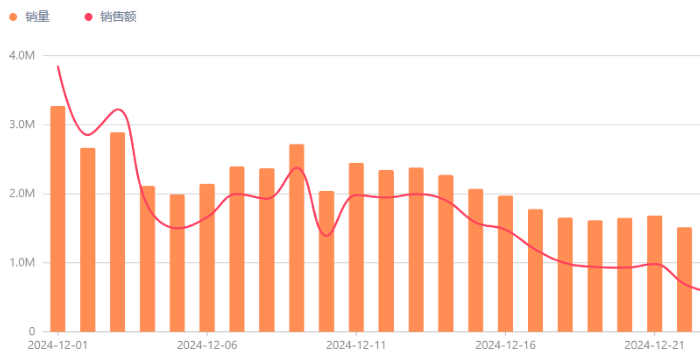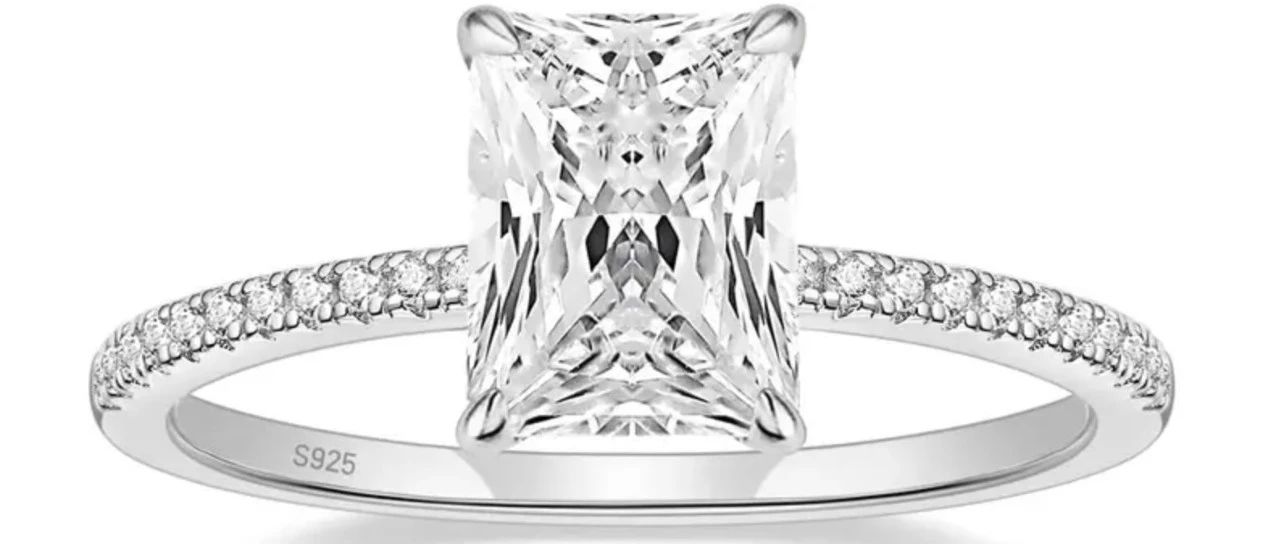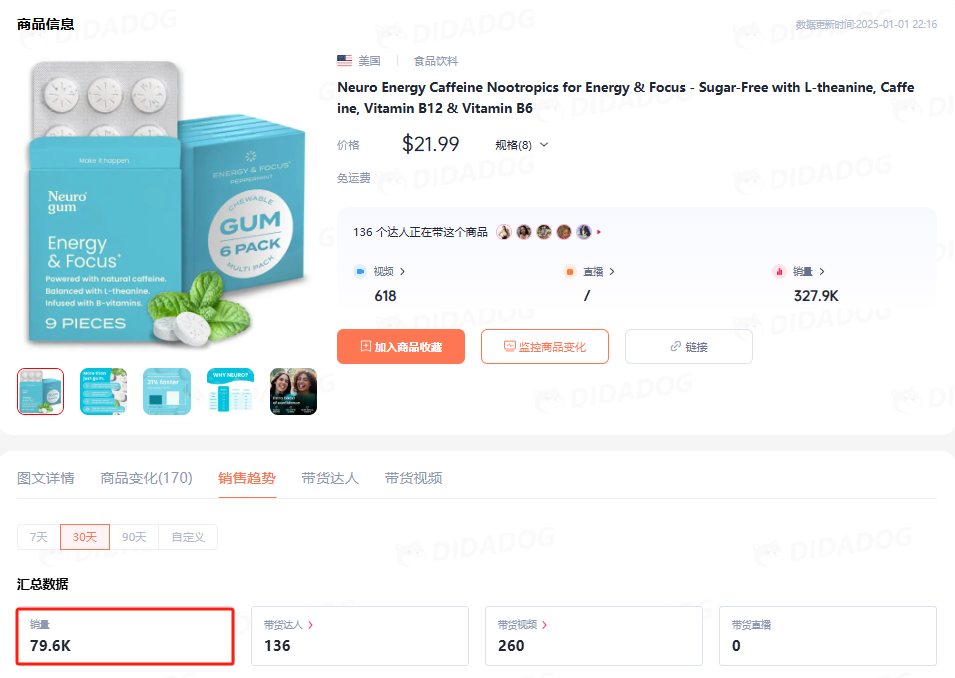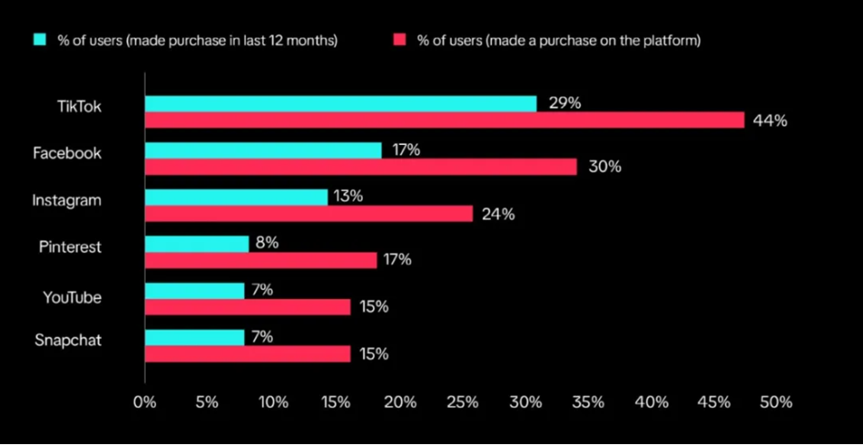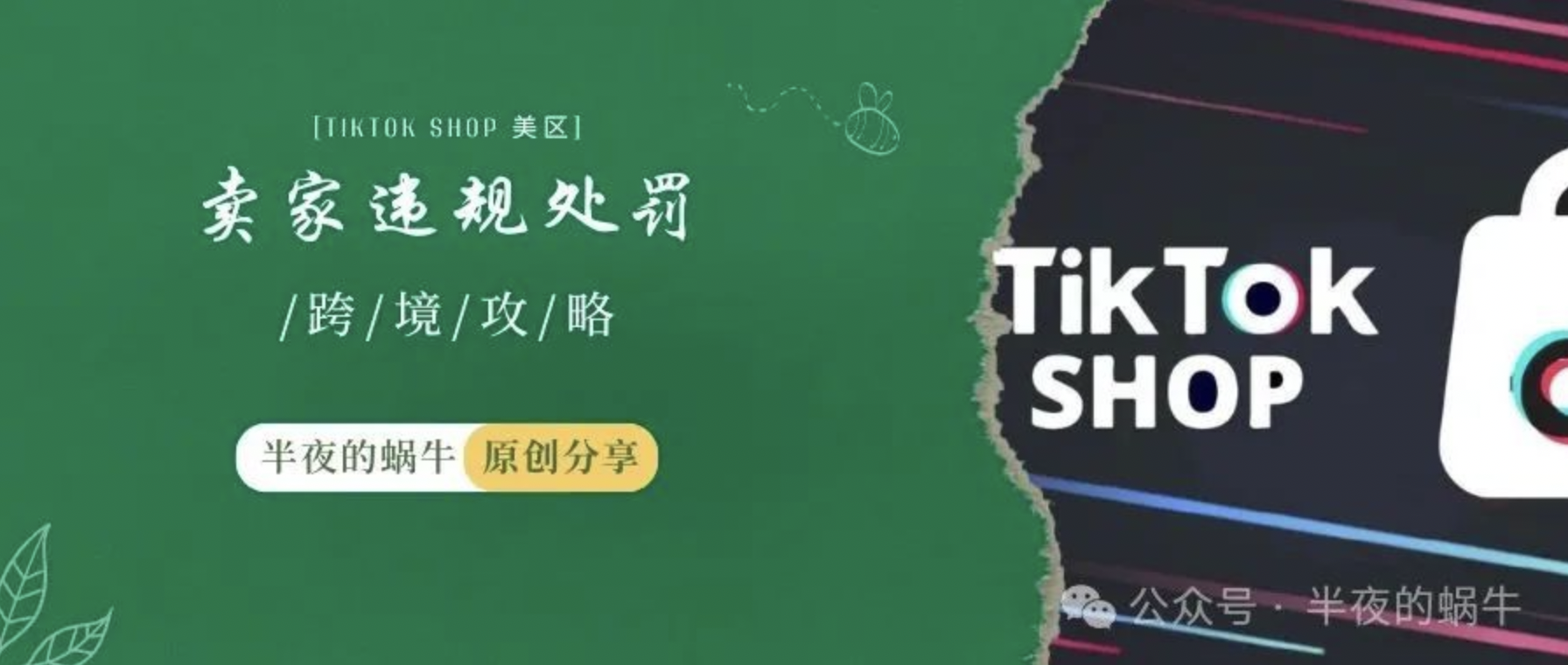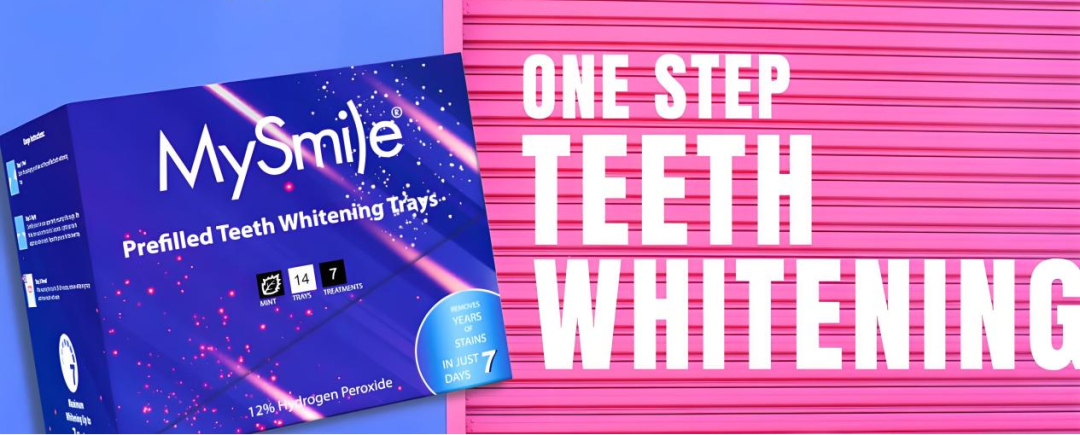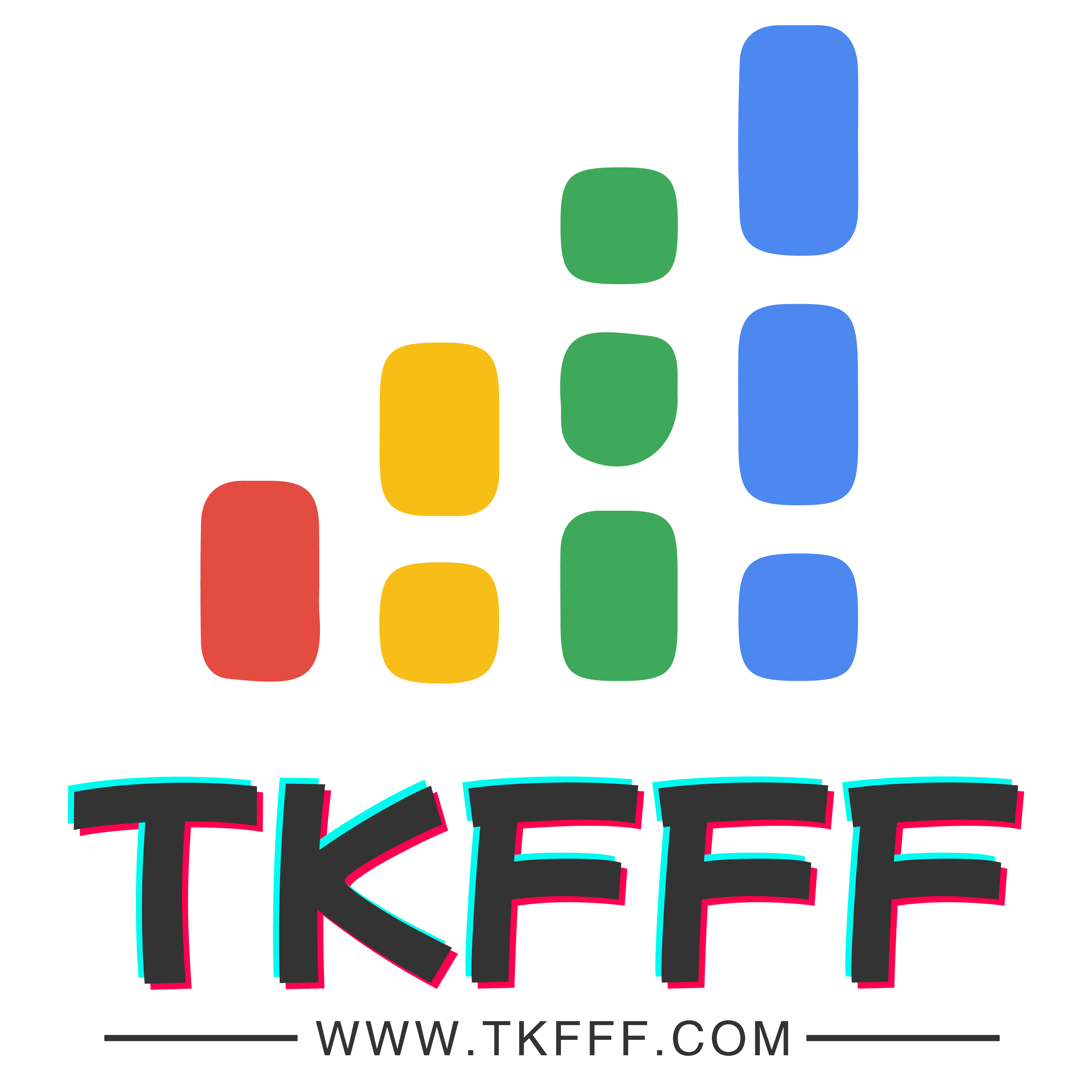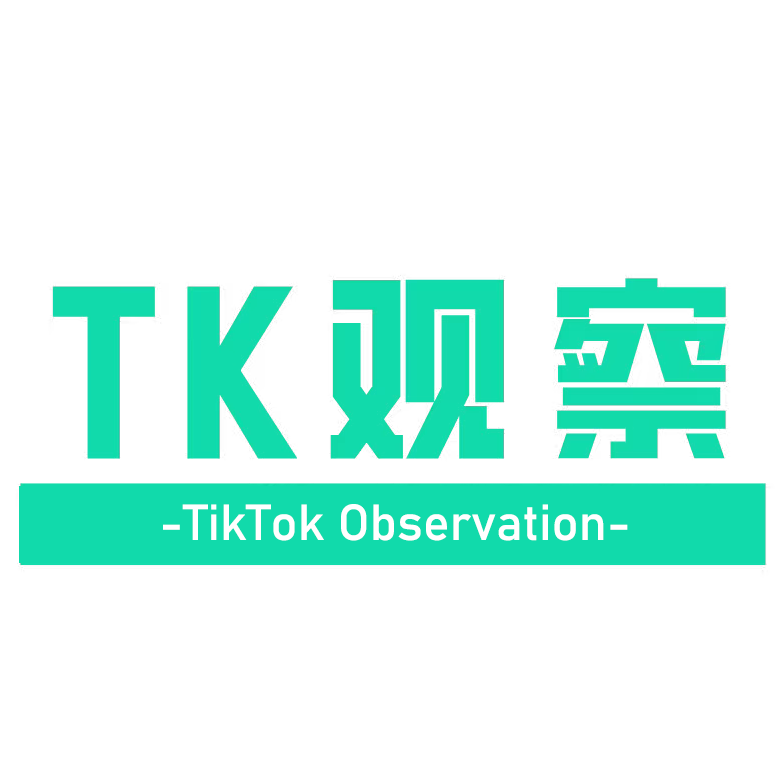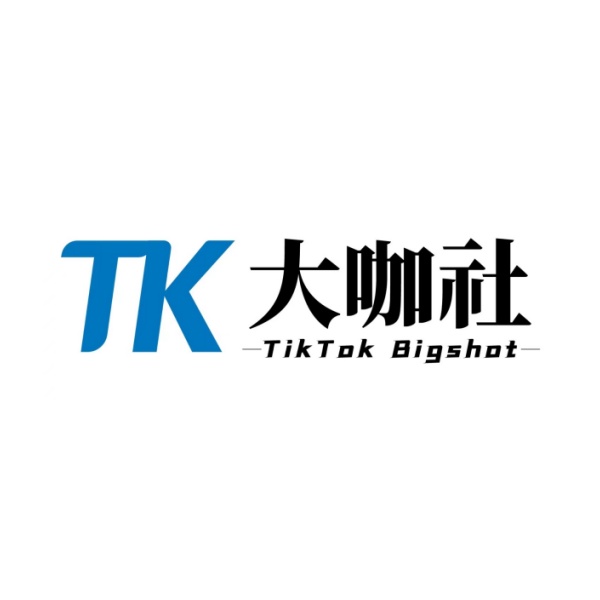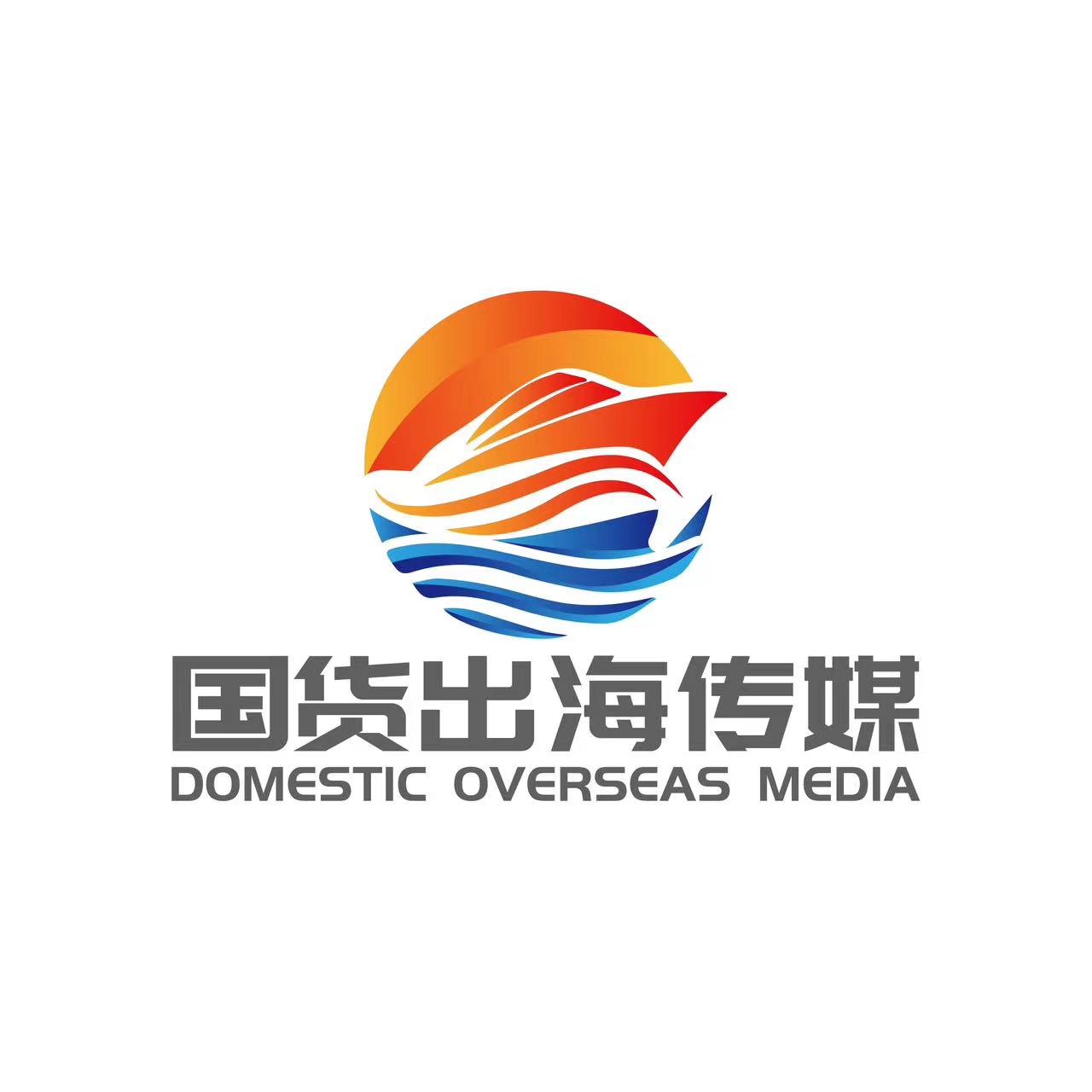Marketers seem unconvinced of looming TikTok ban but assemble contingency plans just in case
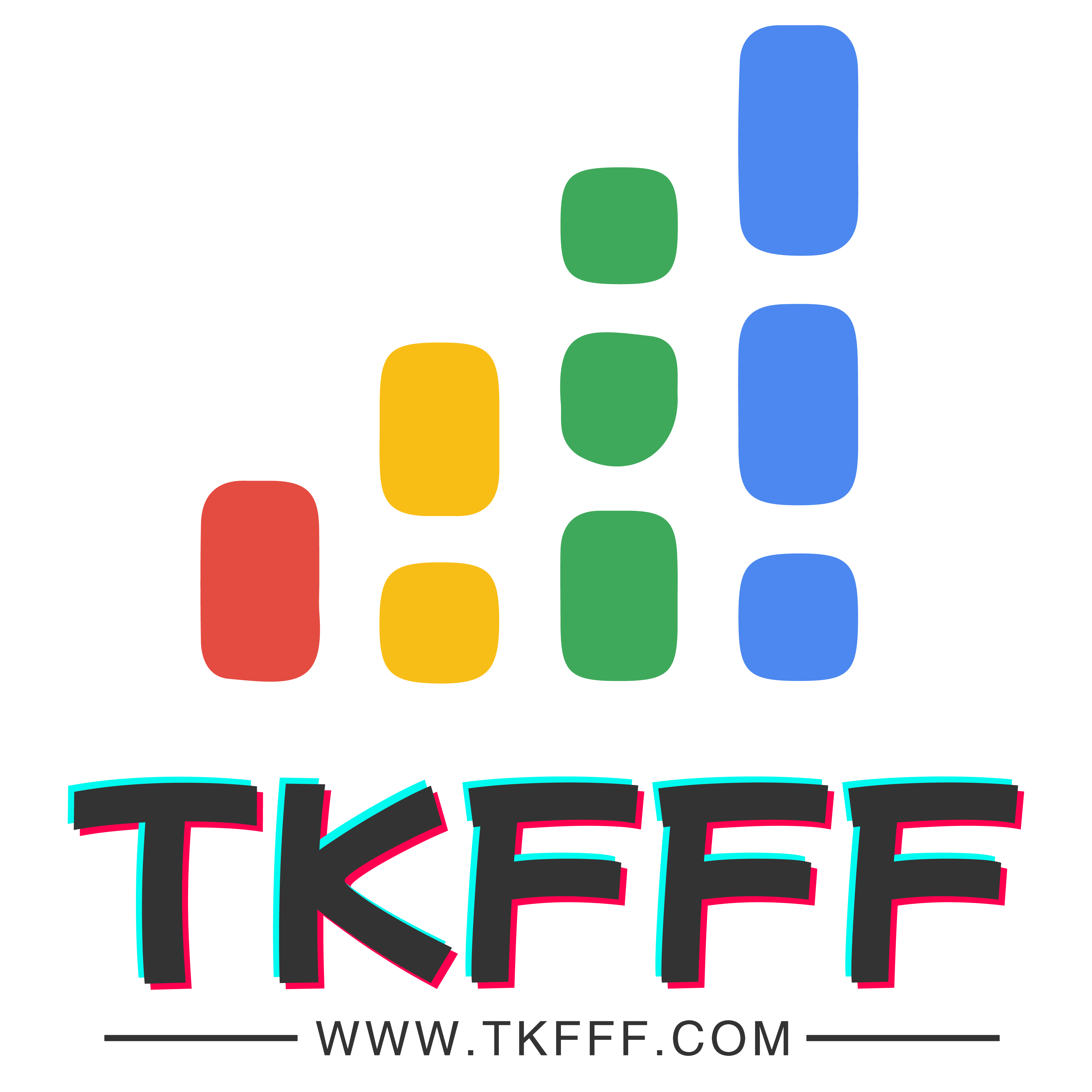
TKFFF · 2024-04-10 15:46
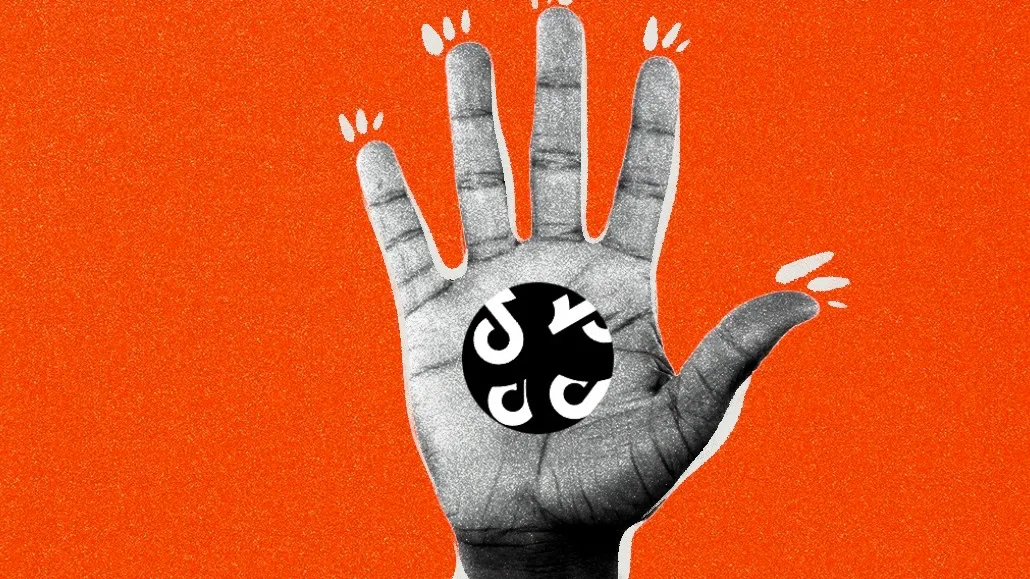 TikTok’s looming ban is back on the front burner now that Senate Republican Leader Mitch McConnell has weighed in. On Monday, McConnell added his voice in the call to ban TikTok in the U.S. unless ByteDance, its Chinese parent company, sells its stake. McConnell’s endorsement of the bill has fired up the news cycle again, throwing the TikTok ban into the spotlight. But largely, brands with active presences on the app seem unfazed.
U.S. lawmakers have been inching closer to a potential ban after a vote in the House of Representatives earlier this month. The bill’s next stop is the Senate. Until then, its future in the U.S. is uncertain, which somehow hasn’t deterred marketers — at least not yet.
TikTok’s looming ban is back on the front burner now that Senate Republican Leader Mitch McConnell has weighed in. On Monday, McConnell added his voice in the call to ban TikTok in the U.S. unless ByteDance, its Chinese parent company, sells its stake. McConnell’s endorsement of the bill has fired up the news cycle again, throwing the TikTok ban into the spotlight. But largely, brands with active presences on the app seem unfazed.
U.S. lawmakers have been inching closer to a potential ban after a vote in the House of Representatives earlier this month. The bill’s next stop is the Senate. Until then, its future in the U.S. is uncertain, which somehow hasn’t deterred marketers — at least not yet.
However, viral marketers, especially direct-to-consumer brands that have depended on TikTok for growth, may have reason to be concerned. If the ban passes, the countdown clock starts for TikTok, as does the short-form video app’s viral nature, at the heart of its success.
“We hardly worry about that,” said Gabby Hirata, global brand president at Halara clothing brand. “Even if TikTok is discontinued tomorrow, I don’t think our business will be deeply affected.”
The direct-to-consumer athleisure brand has earned viral status on TikTok over the past few years thanks to influencer videos and TikTok Shop placements. Only recently has Halara started to embark on its first brand-building campaign. But even in light of its TikTok virality, Hirata says it has long since diversified its social media strategy to not depend on any one platform.
Halara isn’t alone in its sentiments. Language learning app Duolingo regularly goes viral with its mascot Duo the Owl using trending sounds and a so-called unhinged persona. But like Halara, Duoligo has spent the past year focused on growing its audience and reach on platforms like Instagram Reels and YouTube Shorts to diversify its social media presence, according to Kat Chan, head of global social media at Duolingo.
“We feel confident that whatever happens to TikTok in the U.S., we’ll continue to find success with our social marketing strategy because we’ve invested in building global TikTok accounts and building our presence on other platforms,” Chan said in an email to Digiday.
Meanwhile, startup snack and wellness brand BelliWelli started investing more in out-of-home advertising after its own viral TikTok moment a few years ago. “BelliWelli’s TikTok has seen volume in audience growth and creativity around brand engagement,” said Katie Wilson, Co-Founder of BelliWelli, in an email to Digiday, without naming specific figures “but it’s been more of the icing on top rather than a sole driver of our success within community building.”
It’s unclear if and when a TikTok ban would go into effect given the Senate has yet to pass it or to send the bill to President Biden. From there, the app would have six months to find new owners. Even then, there could be legal pushback around freedom of speech, stalling the government’s efforts.
This isn’t the first time the U.S. government has proposed a ban on the social media app. As much as the brands themselves aren’t wholly convinced it’ll happen this go around, neither are agencies. TikTok has proven itself as an effective brand awareness tool, capturing the coveted Gen Z audience. It’s also seeing more and more money. According to eMarketer, TikTok is expected to usurp $8.66 billion in ad revenue this year, making for a growth of 31% year-over-year. The short-form video platform is expected to make up 10.5% of U.S. social network ad spend and 2.8% of U.S. digital ad spend this year, per the forecast.
“There’s so much money here that it seems crazy that they wouldn’t just spin it off or sell it to whatever consortium of U.S. companies, be it Microsoft, Oracle, whoever the buyer is,” said Erik Hamilton, vp of search and social at Good Apple media agency. “Whoever has a quarter trillion bucks. Somebody does and somebody will want to pay for it.”
That said, agency executives are continuing to tell their clients to stay in wait-and-see-mode, keeping contingency plans in place. Most of said contingency plans are around brand building on TikTok’s competitors like Instagram Reels and YouTube Shorts, neither of which have managed to nab the cultural cache or level of engagement that TikTok has, per agency execs. Notably last week, Meta announced the launch of yet another Reels-like feature in the coming months on Facebook, where it’ll simultaneously “show even more Reels to meet the growing demand for this format.” Realistically, agency execs say, there’s no platform that exists that would fill TikTok’s void.
“I’m not sure that Facebook will be able to replace what TikTok is or was. It just doesn’t carry enough social clout anymore,” said Victor Drabicky, CEO and founder of January Digital and January Consulting. “But without a doubt, they have a huge user base, so I’m sure there’ll be value in it.”
Meaning, the success brands see on TikTok may not be easily replicated on alternative platforms. However, that’s not to say it’s not worth a try. Agency execs say they’re telling clients to keep a close eye on where the bill goes next and that it wouldn’t hurt to beef up brand presences on alternative social media platforms.
Marketing professionals have historically sounded off that going viral isn’t a sustainable strategy and the potential TikTok ban brings that conversation back to the forefront.
“That’s not to say there’s not value in brands that go viral on TikTok itself,” said Drabicky. “There’s a value in that. There’s an art to it. It’s just a high risk situation when that’s your only means of driving your business.”
[ad]


文章来源:DigiDay
TKFFF公众号
扫码关注领【TK运营地图】

TKFFF合作,请扫码联系!

文章来源: 文章该内容为作者观点,TKFFF仅提供信息存储空间服务,不代表TKFFF的观点或立场。版权归原作者所有,未经允许不得转载。对于因本网站图片、内容所引起的纠纷、损失等,TKFFF均不承担侵权行为的连带责任。如发现本站文章存在版权问题,请联系:1280199022@qq.com
分享给好友:

